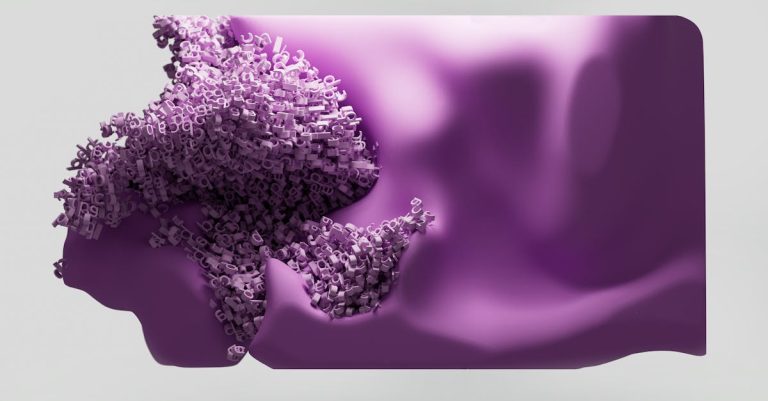In today’s fast-paced world, finding joy can often feel elusive. However, one simple practice has been shown to dramatically enhance our overall happiness: gratitude. By taking a moment to recognize and appreciate the positive aspects of our lives, we can foster a sense of fulfillment and contentment. This blog post explores how practicing gratitude can boost your overall happiness and provides practical tips to incorporate gratitude into your daily routine.
The Science Behind Gratitude and Happiness
Numerous studies have highlighted the powerful relationship between gratitude and well-being. Research conducted by psychologists such as Dr. Robert Emmons has shown that people who practice gratitude regularly experience:
- Increased levels of positive emotions
- Reduced symptoms of depression and anxiety
- Enhanced life satisfaction
- Stronger social connections
Understanding the science behind this emotional boost is essential. When we express gratitude, our brain releases neurotransmitters such as dopamine and serotonin, known as “feel-good” hormones. These changes in brain chemistry can help uplift our mood, leading to a happier state of being.
Benefits of Practicing Gratitude
Integrating gratitude into your life offers various compelling benefits that can transform your perspective:
- Improved Mental Health: Regularly acknowledging what we are thankful for can significantly reduce feelings of envy, resentment, and frustration.
- Better Physical Health: Grateful individuals report fewer health issues and have a more proactive approach to health, participating in exercise, and regular check-ups.
- Enhanced Relationships: Expressing gratitude can strengthen your relationships, whether with family, friends, or colleagues. A simple “thank you” can go a long way.
- Greater Resilience: The practice of gratitude fosters resilience, helping individuals cope better with stress and adversity.
Simple Ways to Cultivate Gratitude
Embracing gratitude in your life doesn’t require a significant overhaul. Here are a few easy methods to incorporate gratitude into your daily routine:
- Keep a Gratitude Journal: Write down three to five things you are grateful for each day. Reflecting on the positives can shift your mindset.
- Practice Gratitude Meditation: Spend a few moments each day in calm meditation, focusing on what you appreciate in your life.
- Set Gratitude Reminders: Use sticky notes or smartphone reminders to prompt you to think of something you’re thankful for throughout the day.
- Express Your Gratitude: Take time to tell your loved ones how much they mean to you, whether through words or handwritten letters.
Real-Life Stories of Gratitude Impact
Throughout history, many have shared their personal journeys on how gratitude positively influenced their lives. For instance, Psychology Today recounts stories of individuals who turned their lives around by focusing on gratitude during difficult times. These testimonials serve as powerful reminders that no matter your situation, finding something to appreciate can spark a shift towards happiness.
The Challenges of Practicing Gratitude
Although practicing gratitude offers numerous benefits, it can be challenging, especially during tough times. It’s essential to acknowledge that:
- Feeling grateful does not mean ignoring negative feelings or circumstances.
- Building a habit of gratitude takes time and patience.
- Everyone’s journey toward gratitude looks different; be kind to yourself as you cultivate this practice.
Overcoming these challenges often requires a conscious effort, but the rewards of enhanced well-being and happiness are well worth the journey.
Conclusion
Practicing gratitude is a powerful tool for increasing overall happiness and enhancing our quality of life. By focusing on the positives, we can cultivate a more optimistic outlook and richer emotional experiences. Whether through journaling, meditation, or expressing thanks, embracing gratitude can lead to profound changes in our mental and emotional well-being. Start today, and watch how a simple shift in perspective can lead to a happier, more fulfilled life.













